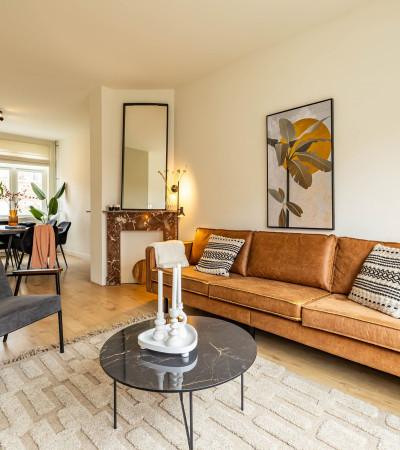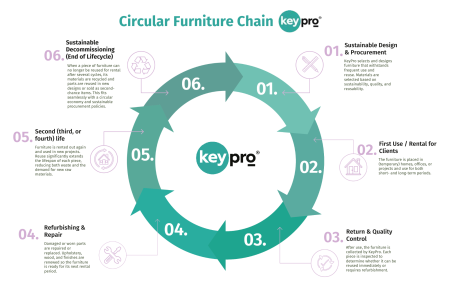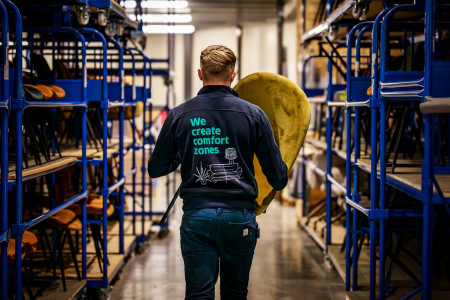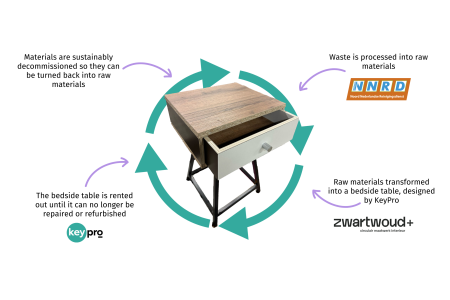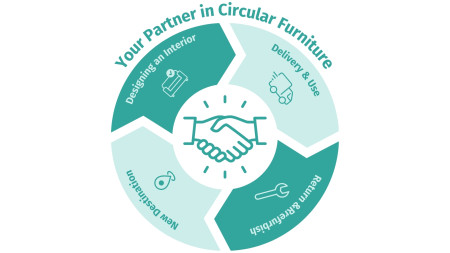Monthly terminable
Delivery within Western Europe
Quote Within 24 Hours
We handle installation
Services
Rent furniture as a professional
Rent furniture as individual
Furniture sales
How it works
Our approach
Configurator
Case studies
Frequently asked questions
Register service request
Our mission
Certifications
Our Impact
Work at KeyPro
